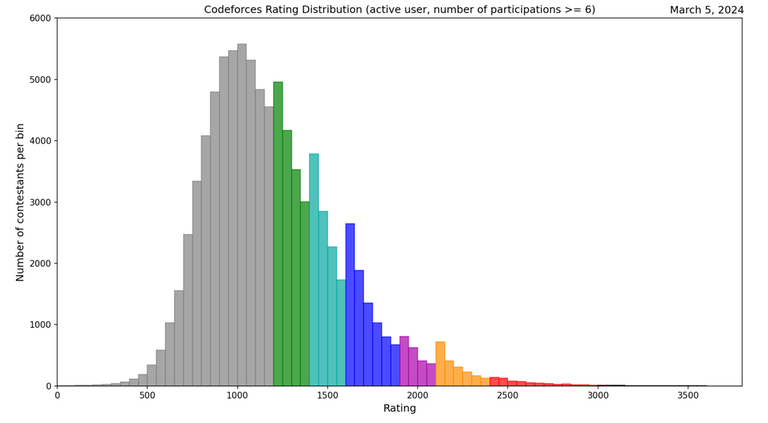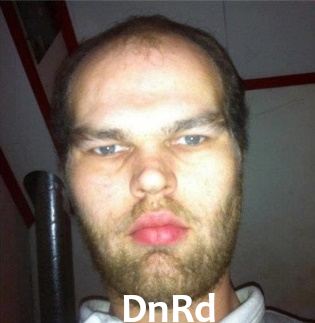Corleone
- Consigliere -
- Joined
- Nov 26, 2021
- Posts
- 7,916
- Reputation
- 14,508
This feels way more valuable than most of the optimal road maps I've seen online.Bragging where? I literally said it throughout my thread that I got rejected, failed, got underpaid did unpaid internships. Felt discouraged. I just wanted to keep it authentic. I even prefaced this by saying what I did was far from perfect. If you want a cosmetic picture perfect roadmap on how things should go in ideal world then there are plenty of stuff you can find online. I was only talking about my experience
The only people who have an incentive to push their's are the ones who end up gatekeeping half of the advice and want to sell you a course down the road, which leads to the genuine advice, without the marketing push behind it, being buried.











